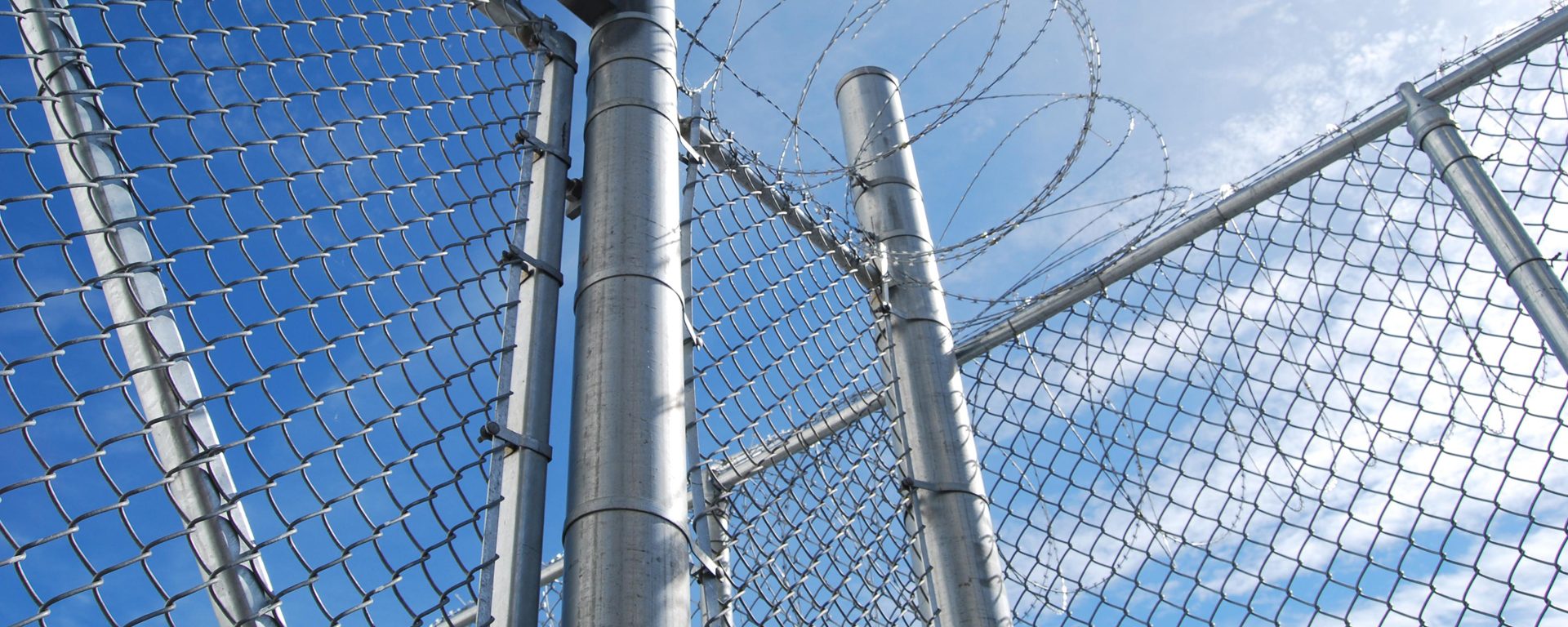Correctional officers work hard to protect and serve the public, by ensuring the safety of inmates and fulfillment of their sentences. This line of work in criminal justice is highly demanded and highly specialized, and therefore requires the right training and education to get the job done. What does it take to land a position? Here, we will break down how to become a correctional officer in Connecticut.
Today’s correctional officers typically go through a training academy before entering into the field. While qualifications vary by state and by employer, all agencies require at least a high school-level education. Federal and private agencies, however, often require some college education or years of experience in the field. All that said, anyone looking to become a correctional officer in Connecticut today should obtain their degree. Here’s why.
While the state of Connecticut does not demand that correctional officers earn a college degree for employment, per se, it is – in a way – needed. The Bureau of Labor Statistics recommends that prospective correctional officers complete basic training to help develop critical on-the-job skills, such as negotiation, critical thinking, and self-discipline. These skillsets are simply not taught (or honed) in high school. So, how do you gain these valuable tricks of the trade in order to be gainfully employed? It’s simple: Find a Criminal Justice program that can help you jump-start your career.
A Criminal Justice school, like the one at Goodwin College, will help you prepare for a career of protecting prison inmates and, therefore, serving the public. With a degree in hand, you’ll understand:
- The basic structure and functions of the American Criminal Justice System, as well as the Federal and State court systems
- The development of the corrections system in the United States, including the systems of probation, parole, and community supervision
- The development of criminal law and criminal procedure
- The effects of a culturally diverse society on the development of the Criminal Justice System
- The ethical and legal issues of criminal justice professionals, including correctional officers
- The issues and problems in policing, the courts, and corrections in America
- The major sociological theories that may explain criminal behavior and delinquency
You will also gain the critical thinking skills necessary not only for corrections, but also modern law enforcement, security, emergency response, and investigative professions.
The professors at Goodwin College are well-versed in criminal justice, and passionate about passing on their first-hand knowledge to students. Criminal justice classes are taught by detectives, military veterans, police commanders, corrections officers, and state troopers, just to name a few. Their experience offers valuable insight into the realities of criminal justice that you just won’t find in any textbook — the kind of knowledge most people don’t get until they’re working in the field!
In addition to the skills needed to become a corrections officer, some employers in Connecticut also require advanced degrees in the field. The Federal Bureau of Prisons (BOP), for example – which has prisons of various security levels throughout the country – requires successful completion of an advanced degree from an accredited school.
The Criminal Justice program at Goodwin College is flexible, and works to fit students’ busy schedules and lives. Unlike some other colleges in Connecticut, Goodwin’s courses are offered:
- Days and evenings
- On-campus
- In a standard 15-week format
This means that you won’t have to put your life on hold to earn your degree. You can continue to work and take care of any other family obligations you may have. Life is busy, but with a Criminal Justice program that’s convenient, it’s easy to work toward your goal of becoming a correctional officer while still earning money to pay the bills and care for your family.
After earning your associate degree in Criminal Justice (full of priceless skills and working knowledge in the field), you will stand out among the competition. While others at lower levels of experience look to become correctional officers in Connecticut, you will stand out with the education and training from an accredited college.
To help ensure the success of your competitive edge, the Career Services Team at Goodwin College can help you secure the job. Our team of professionals can help with networking, resume writing, interview skills, and more – preparing you for corrections and a variety of other career options in criminal justice.
Learn even more about earning a Criminal Justice degree at Goodwin College. Call 1-800-889-3282 to request more information today.
Goodwin University is a nonprofit institution of higher education and is accredited by the New England Commission of Higher Education (NECHE), formerly known as the New England Association of Schools and Colleges (NEASC). Goodwin University was founded in 1999, with the goal of serving a diverse student population with career-focused degree programs that lead to strong employment outcomes.

